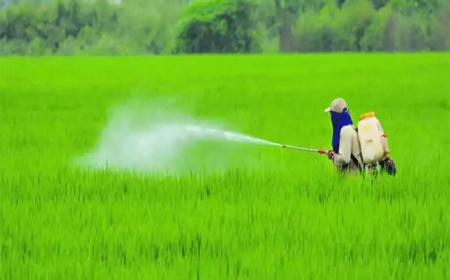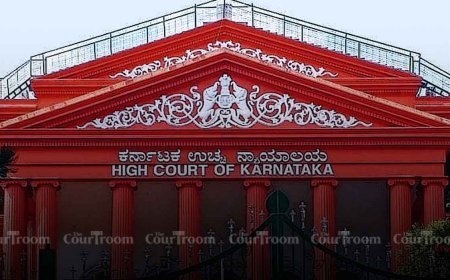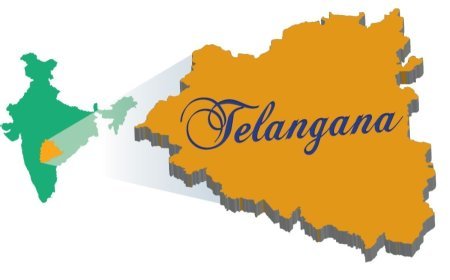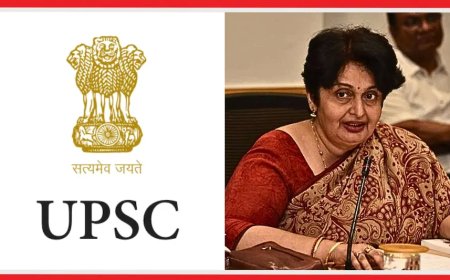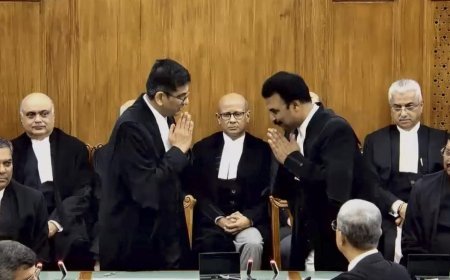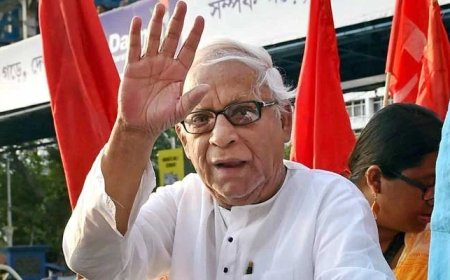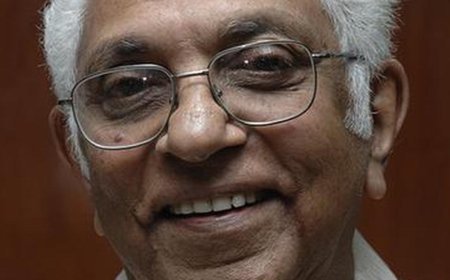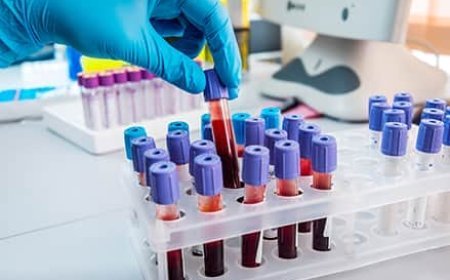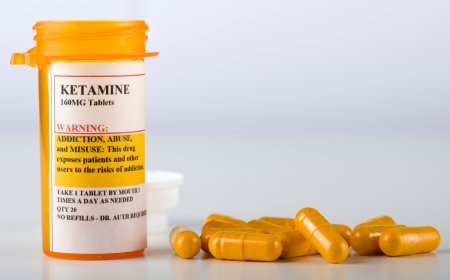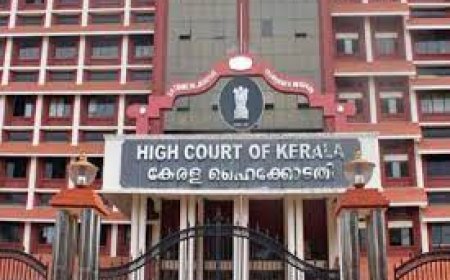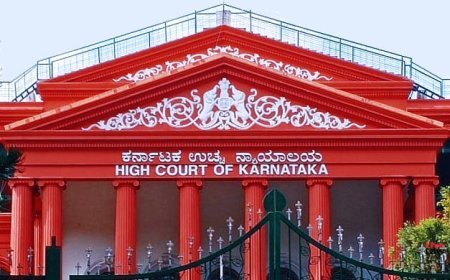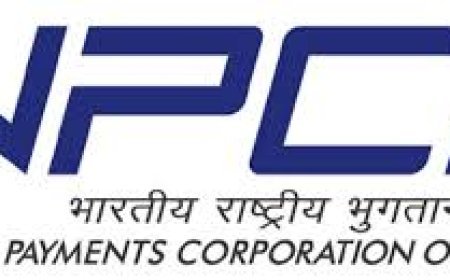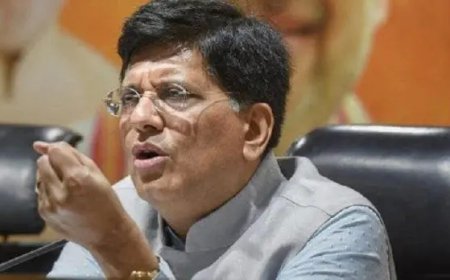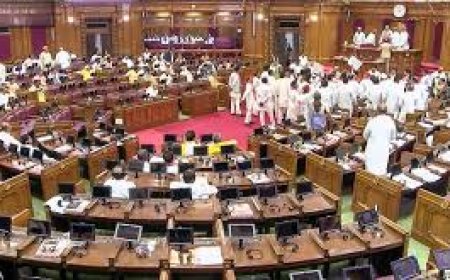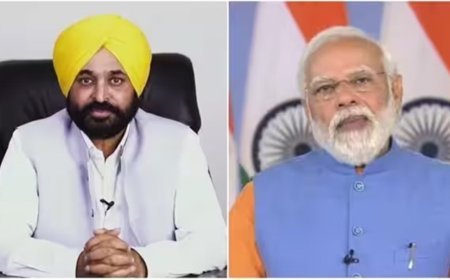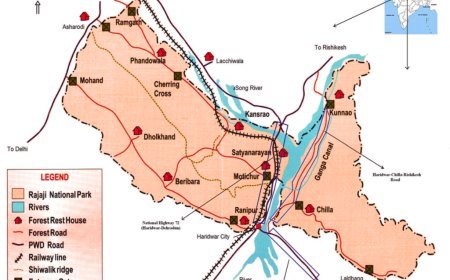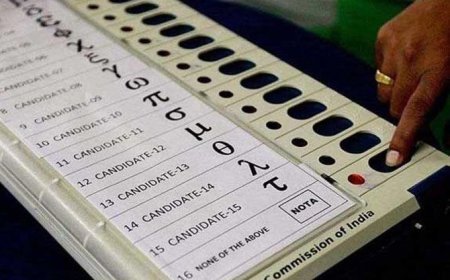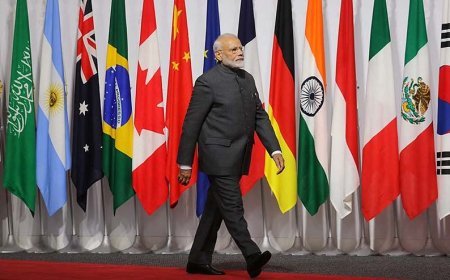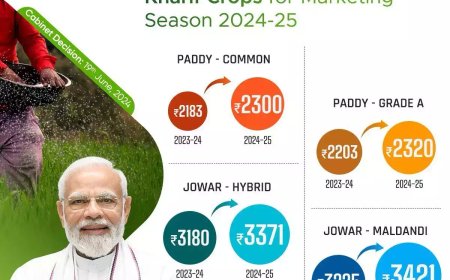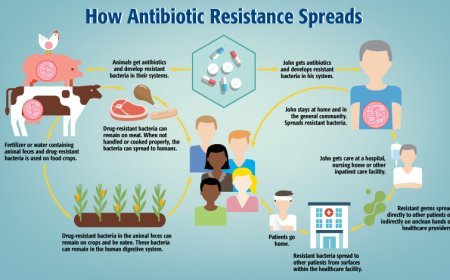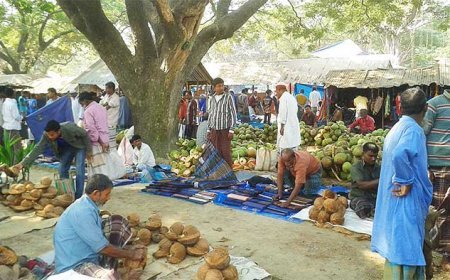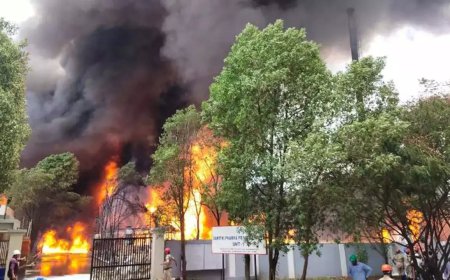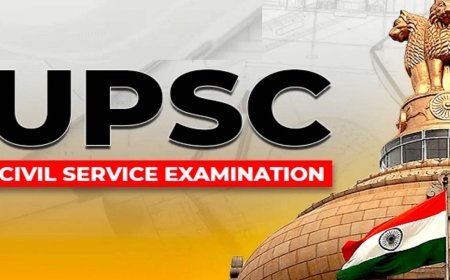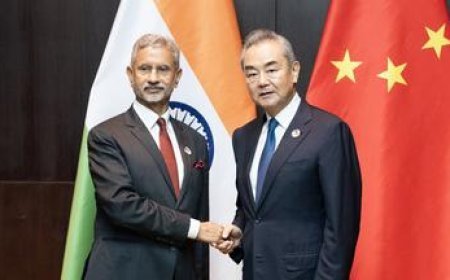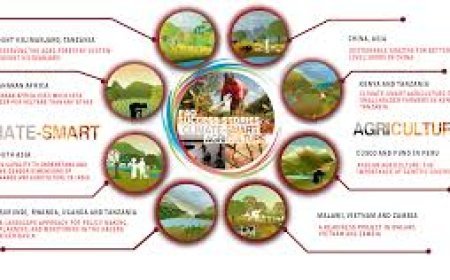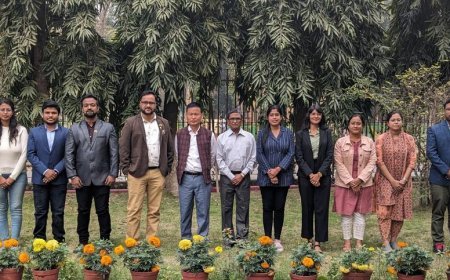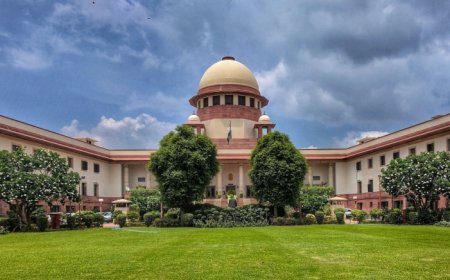SC Highlights Need for Concerted Effort to Protect Waterbodies from Plastic Waste
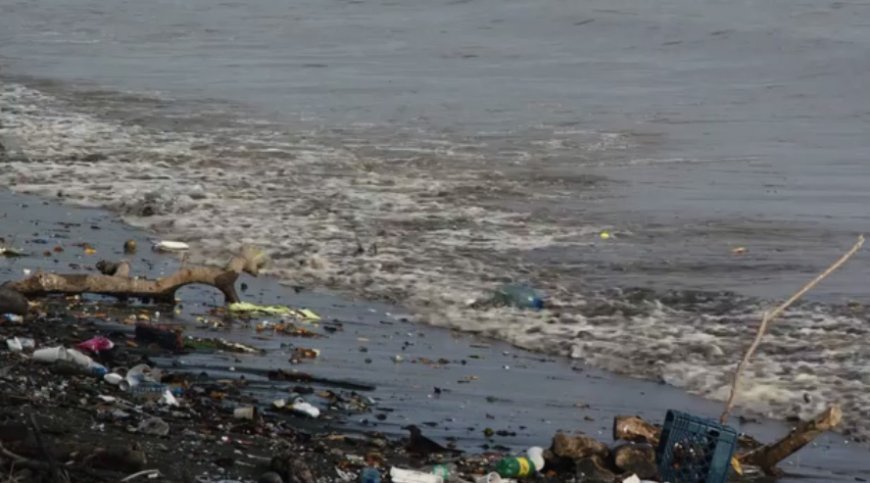
SC Highlights Need for Concerted Effort to Protect Waterbodies from Plastic Waste
The Supreme Court of India has underscored the urgent need for a comprehensive and coordinated effort to combat the rampant pollution of rivers and waterbodies by plastic waste. This call to action comes amidst growing concerns over environmental degradation and its impact on aquatic ecosystems.
A recent order issued on August 2, 2024, by a Bench headed by Justice Hrishikesh Roy, emphasized the critical situation caused by indiscriminate plastic dumping. “There is widespread use of plastic in the areas which are to be kept free from such pollution potential products. The dumping of plastic is causing serious environmental degradation and also impacting aquatic life in the river banks and the water bodies in the country,” the court stated.
Urgent Call for Action
The Supreme Court's remarks highlight the severity of the pollution crisis, particularly in major rivers like the Ganga, which holds significant cultural and ecological importance in India. The Bench stressed that without a joint effort from both the public and authorities, the goal of improving water quality in the Ganga and other rivers will remain elusive. The court's order explicitly calls for the Union government and state authorities to collaborate more effectively to address the issue.
Government's Responsibility
The Union government, represented by Additional Solicitor General Aishwarya Bhati, who also appears for the National Mission for Clean Ganga (NMCG), has been given four weeks to file an affidavit detailing its stance and the measures taken to mitigate environmental concerns, with a focus on the Ganga. The NMCG has been actively involved in various initiatives aimed at cleaning and rejuvenating the Ganga, but the Supreme Court’s directive underscores the need for intensified efforts and accountability.
Case of Patna
The Supreme Court's order originated from a petition concerning unauthorized constructions in and around Patna, Bihar. In an earlier hearing, the Bihar government reported identifying 213 unauthorized constructions adjacent to the river and taking steps to remove these encroachments. The court has also directed the state to file an affidavit similar to that of the Union government, detailing actions taken to combat plastic pollution and unauthorized construction.
Broader Context
The issue of plastic pollution in waterbodies is not confined to India alone. Globally, plastic waste has emerged as a significant environmental challenge. According to a report by the United Nations Environment Programme (UNEP), approximately 300 million tons of plastic waste is produced annually, with a substantial portion ending up in oceans, rivers, and lakes. This pollution not only affects water quality but also poses severe threats to marine and freshwater life.
Representative Scene from Kottayam
An illustrative example of the plastic pollution crisis can be seen in Kottayam, Kerala. The run-off water from the upper reaches of the Meenachil river has carried a significant amount of plastic and other inorganic waste, creating a distressing scene from the Thazhathangadi bridge. Such instances highlight the widespread nature of the problem across India.
Conclusion
The Supreme Court’s intervention is a pivotal step towards addressing the critical issue of plastic pollution in India’s waterbodies. By mandating the Union and state governments to detail their actions and strategies, the court aims to ensure a more effective and concerted effort to preserve the country's rivers and aquatic ecosystems. The success of these initiatives will require not only government action but also active participation from the public to achieve sustainable environmental health.
As the Supreme Court continues to monitor the situation, the hope is that these measures will lead to tangible improvements in water quality and the overall health of India’s rivers, safeguarding them for future generations.
What's Your Reaction?







